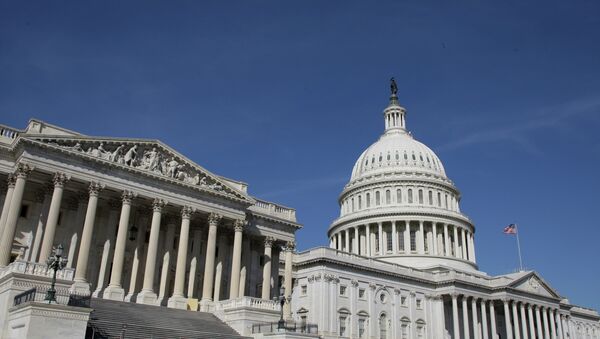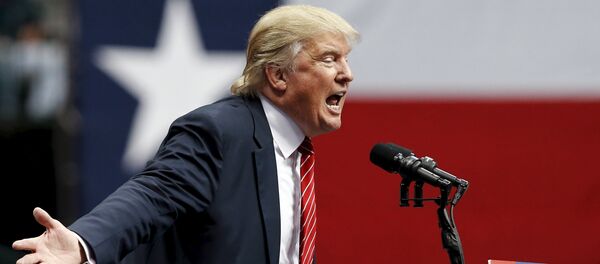Radio Sputnik’s Loud and Clear speaks with Julian Sanchez, a senior fellow at the CATO Institute, and NSA whistleblower William Binney about the bill and the potential impact it could have on the civil liberties of Americans.
Sanchez describes the new provisions as "an expansion of the power of National Security Letters, which is a tool that is… traditionally used to get a wide variety of financial or telecommunications records." He notes a pattern by the bureau of pushing the limits on what information it is allowed to gather "Some years ago, the FBI was basically told that their interpretation (of their ability to solicit) any kind of any electronic transaction record was too broad," and that, "it wasn’t to be used in an unlimited way to get any kind of digital transaction record…for that they would need to go to FISA (Foreign Intelligence Surveillance ACT) court for those more detailed records."
Binney comments that he feels the use of NSLs is "basically unconstitutional, especially when it comes to the gag order, and, of course, gathering data on US citizens. The gag order has already been ruled by a federal district court judge as a violation of the First Amendment of the Constitution…In this case they’re basically scrapping the Constitution. I personally call that treason against the founding principles of this nation."
— Sen. Patrick Leahy (@SenatorLeahy) June 22, 2016
The gag order Binney refers to often accompanies NSLs, and informs the recipient that they could face jail time if they make the letter public. "…And that’s how they threaten people," he says.
Loud & Clear host Brian Becker notes how lawmakers tend to use the emotional impact of tragedies like the Orlando shooting to get legislation through while the public is vulnerable.
Sanchez agreed, saying, "What’s striking is there’s almost always no real relation between the emotional event and the policy. Usually it’s something that they’ve wanted since long before the event happened," he said. "in this case, this national security letter power is something the FBI has been asking for, for over five years, and in fact the legislation was introduced well before the Orlando shooting, so it’s certainly not a response to that shooting, but they’re quick to invoke the Orlando shooting as a reason to support it."
He added that in the case of Omar Mateen, the Orlando shooter, "it’s very clear that (expanded NSL powers) wouldn’t have made a difference. The Orlando shooter, years earlier, for unrelated reasons, had been investigated by the FBI. They reviewed his transactional records as part of that investigation. The fact was, when they investigated him, they simply didn’t have any evidence to show that he was likely to do something like this, years down the line."
Sanchez reasoned that the shooting is being cynically used by the federal government to broaden existing powers.
"The truth is, they have the ability to get these types of records when they’re conducting these investigations, they just need to go to a judge. So this isn’t about giving them the ability to get information as part of legitimate investigations. It’s about whether they get to circumvent the requirement to show some kind of minimal evidence to a judge to justify it."





